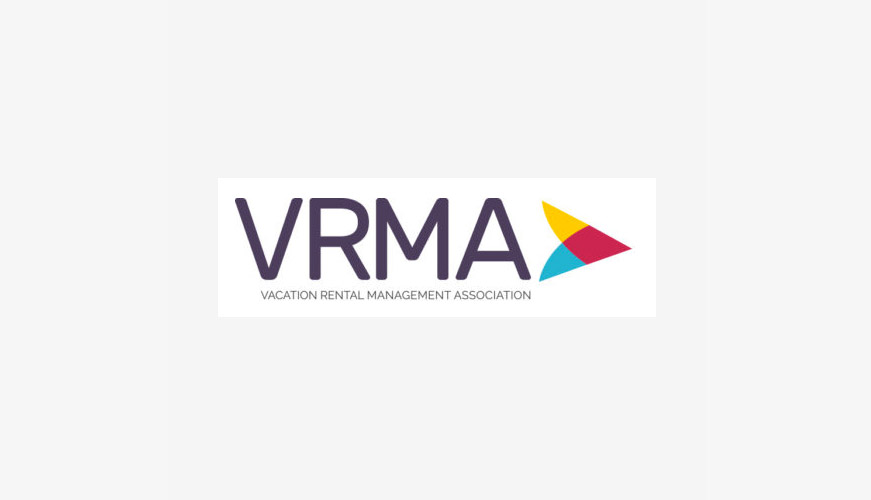Renting out your vacation home is an increasingly popular way to earn additional income. This extra revenue stream may be covered by different tax laws depending on a few things. To make some sense of these laws, we compiled a list of 5 questions, commonly asked by homeowners like you.
1. What taxes am I expected to pay for my vacation rental?
Two different type of taxes! When renting out your vacation home, you can be expected to pay taxes on the rental income as well as occupancy taxes.
Income taxes
In almost all cases, income made from your vacation rental must be included in your annual income reported to the IRS. The major vacation listing sites like Airbnb and HomeAway will expect you to fill out a W-9 form which will give you the data you need come tax season.
There is an exception called the “14-day rule”. This rule states that if you rent your home for less than 14 days in a calendar year AND you use the home yourself for 14 days or more (or at least 10% of the amount of days you rent it out) then you do NOT have to pay income taxes on your rental income. If you don’t meet this criteria, you must report your rental income.
Occupancy taxes
An occupancy tax is a tax on short term rentals that is required at the state and/or local level. This tax comes by many names – hotel tax, lodging tax, room tax, tourist impact tax, to name a few. The rates and rules for these taxes can vary depending on the city, county or state your vacation home is in. Occupancy taxes should be paid monthly or quarterly. Some locales have exception rules for long-term bookings over a certain number of nights, but in most cases an occupancy tax is required.
You should be collecting these taxes from your guest as part of booking. Make sure to clearly display this occupancy tax in your booking info separately from your rate and other fees. Although the guest will pay the taxes, it is the responsibility of the owner to remit the taxes to the government.
2. What can I do to stay compliant?
Most cities and states require vacation rental owners to obtain a tax registration certificate which includes your tax account information. This allows the tax agencies to keep records of your rental property and tax responsibilities.
Other than ensuring your home is registered, there are some additional steps to stay in compliance with your vacation rental taxes:
- Include your rental income as part of your total taxable income during tax season
- Pay your occupancy taxes quarterly or monthly
- Collect occupancy taxes on each booking
- Keep meticulous records of both payments and collections
- Keep your tax registration active (renew if expired)
3. What happens if I don’t collect and pay these taxes?
If you don’t collect taxes from your guests at time of booking, you are still liable to remit them to the IRS. Not paying these taxes will gain you attention from the IRS and you will be contacted to pay the taxes due, as well as any penalties and interest accrued.
4. Are fees or miscellaneous charges taxable?
Yes – occupancy taxes are charged on the total amount of the booking. This includes the rate, cleaning fees, credit card fees, pet charges, extra occupant charges, etc. One exception is deposits that are refundable – these are not taxable.
5. Can I deduct anything from these taxes?
Just like regular income, vacation rental income can be eligible for deductions. Most ordinary expenses necessary to rent out your vacation home can be considered a business expense. Examples range from towels and sheets to maintenance and repairs. Consulting a tax advisor is recommended if you have questions on what is deductible. The key is to keep clear records on any and all expenses to prove to the IRS if audited.
Occupancy taxes are not deductible as these taxes should be collected from your guests at time of booking and passed straight on to the tax agencies. Some groups and organizations may be exempt from occupancy taxes, but not in every case. If an organization is exempt, most states require the group to pay using organization funds and to have a valid certificate for their exemption status. Examples of these kinds of group include universities, religious organizations and non-profit groups.
Need help navigating the rules and regulations of renting your vacation home? Contact Casiola to learn how we make vacation rental management a breeze!




